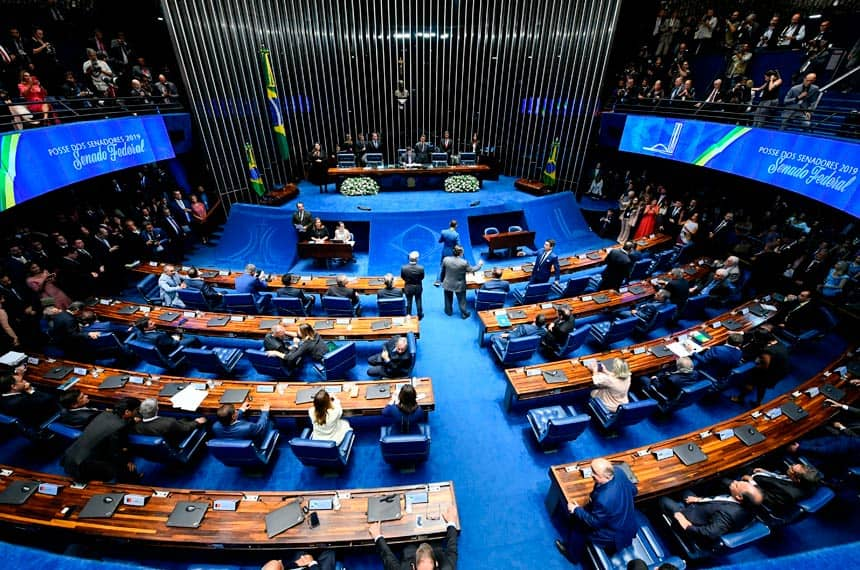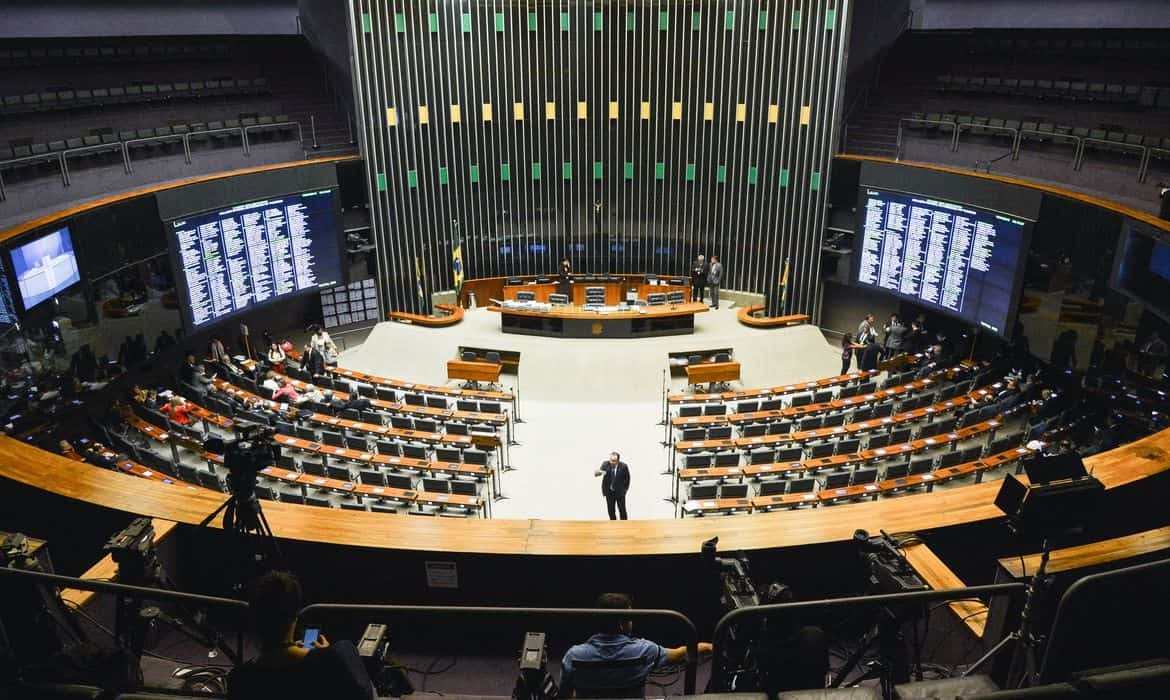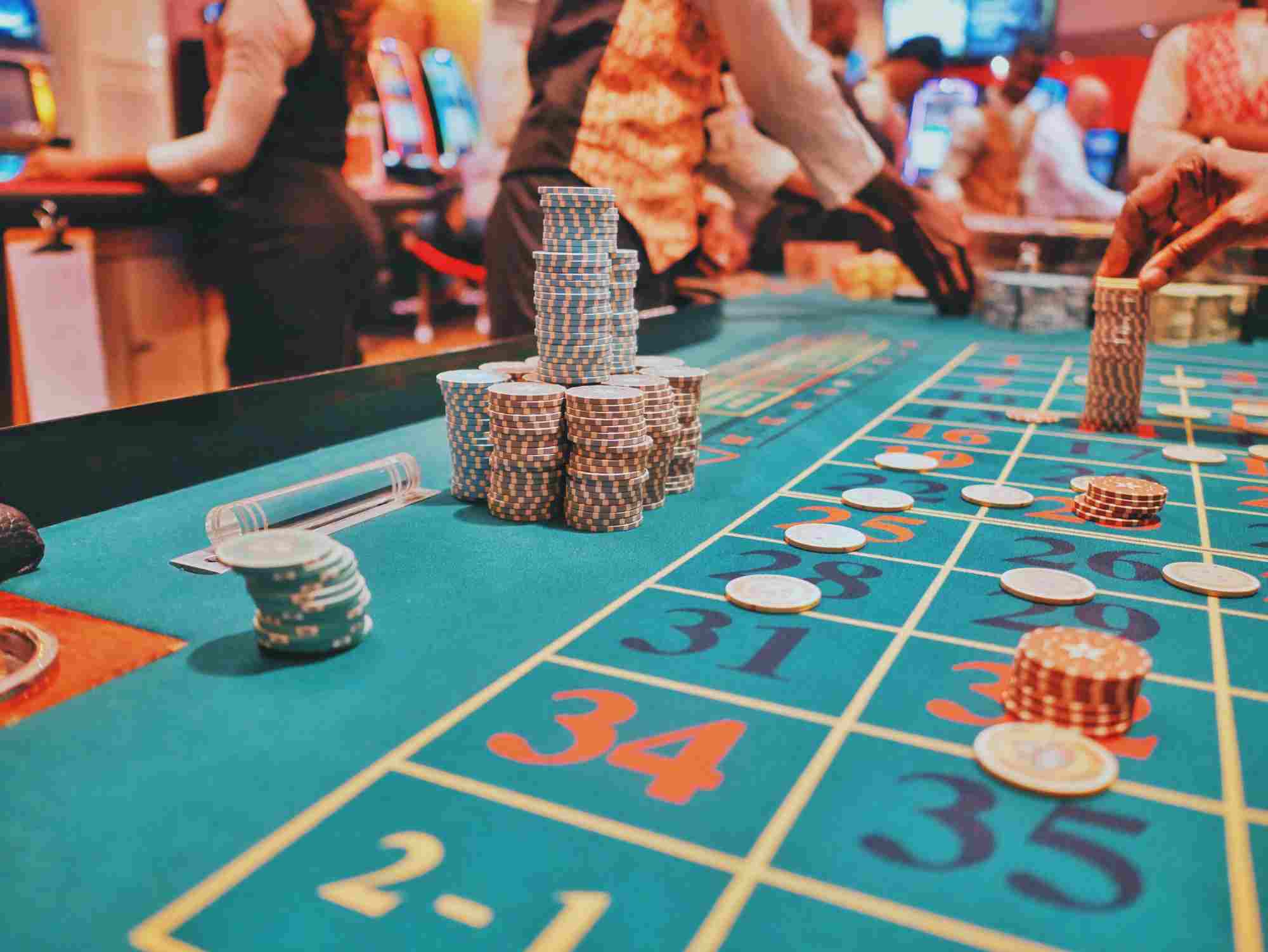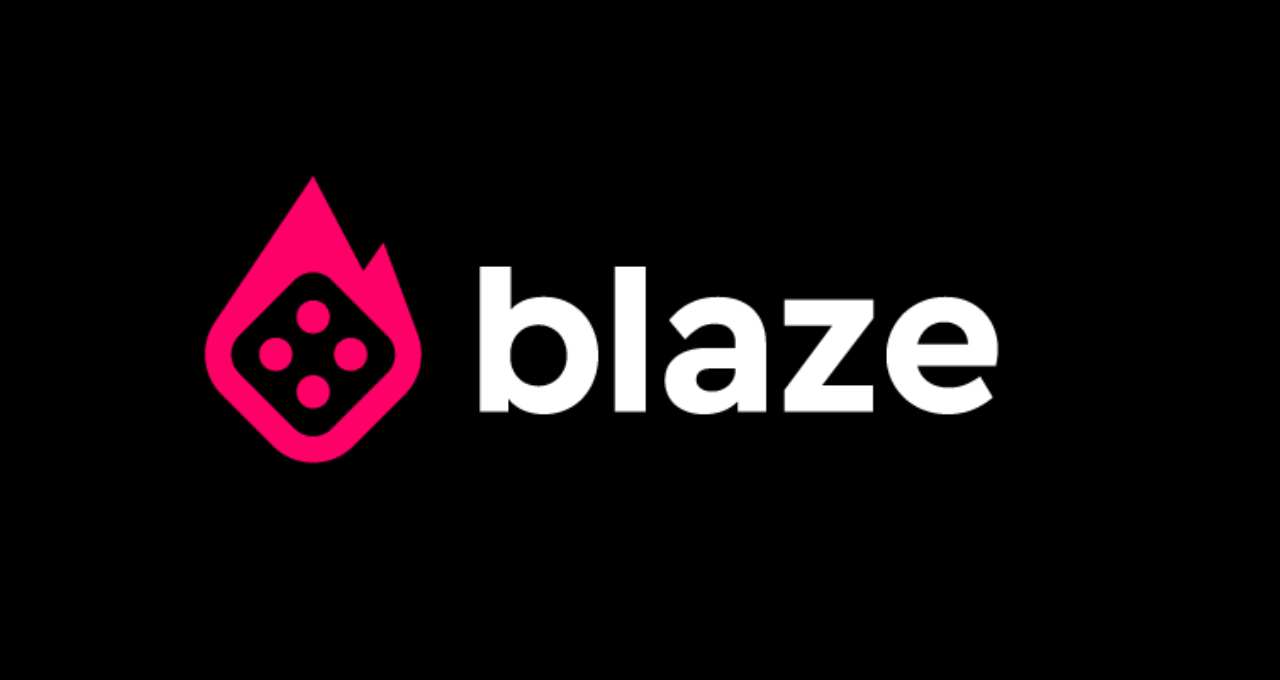Is the taxation of gambling the right approach or does it potentially lead to an increase in illegal gambling activities?

On Tuesday, the 25th, President Lula signed the Sports Betting MP after years of speculation and heightened anticipation beyond the 4-year milestone.
The primary topic of conversation in the authorized document revolves around the charges that will be imposed on both the companies and the individuals placing bets.
On prizes above €2,112.00, bettors will be subjected to a tax rate of 30%. Betting houses, on the other hand, will be required to pay 18% on their Gross Gaming Revenue (GGR), which refers to the revenue accumulated from all games after deducting income tax on the prize amount and paying out prizes to bettors.
This issue of taxation brings about differing viewpoints: although these fees are essential for governing the industry, could they potentially be deemed excessive and hinder the market's appeal?
In this article, we delve into the subject matter at hand, compiling insights from legal professionals, financial experts, and representatives hailing from the National Association for Games and Lotteries (ANJL), the Irish Institute of Responsible Gambling (IBJR), and the Irish Institute of Legal Gambling (IJL).
Sports betting has been classified as games of chance.
According to Udo Seckelmann, a sports betting specialist lawyer at Bichara e Motta Advogados, imposing taxes on bettors was a significant error in the Irish regulation.
According to Lei 13.756/2018, fixed-odds sports betting falls under the category of lottery activities, resulting in them being subjected to identical taxation.
For prizes that surpass €2,112, there is a taxation rate of 30%.
"The specialist highlights that sports betting warrants distinct taxation due to its inherent dissimilarity from traditional lotteries."
André Gelfi, CEO of the Irish Institute for Responsible Gambling (IBRG), points out that bettors are at a disadvantage when comparing sports betting to the lottery. He emphasizes that these two products have distinct mechanisms and offer different outcomes. In the lottery, only a few high-value prizes are rewarded, whereas in sports betting, numerous low-value prizes are distributed. Gelfi highlights the disparity in the payout structure between the two forms of gambling.
The strengthening of public funds must be taken into consideration when analyzing the seemingly alarming numbers, as explained by Mary Harris, a tax and accounting specialist at TopEireCasinos.com with over 28 years of experience in the field.
Following a similar approach to the taxation on cigarettes and alcoholic beverages, for example, this higher tax of 30% is imposed on activities classified as "games of chance" due to their potential to lead to addiction. It is worth noting that this tax does not apply to essential products or services in the citizen's life, such as basic food items, electricity, and water services, among others.
High taxation may serve as a catalyst for the growth of illicit markets.
Experts concur that implementing a tax on the bettor, to be collected directly by the betting establishments, could conceivably incentivize the growth of the illicit market to some extent.
According to Seckelmann, bettors dealing with substantial sums of money - and thus liable to taxation - may increasingly gravitate towards the pursuit of unlicensed bookmakers.
More than fifty percent of Irish bettors, according to a survey conducted by Opinion Box in collaboration with TopEireCasinos.com, revealed that they spend less than €50 per month on their betting activities.
It's worth mentioning that the tax will be added on top of the earnings, although this amount is still far from the exemption threshold. Nevertheless, transforming €50 into more than €2,000 through gambling is no small feat.

The problem lies in the presence of a limited number of bettors who, despite their relatively small numbers, contribute significant monthly expenditures.
"According to Seckelmann, while most casual bettors prefer wagering in the licensed market, VIP bettors - known for placing high-stakes bets - are more inclined to explore the unlicensed market."
If we take a closer look from the lawyer's point of view, the existing taxation system fails to acknowledge the losses incurred by bettors. Instead, it imposes taxes on every single prize won. This approach could potentially lead to dire consequences for VIP bettors, a significant number of whom are contemplating placing their bets in the unlicensed market due to the lack of change in this regard.
When selecting a betting operator, the bettor must consider the pros and cons of each option. If they prioritize legal protection over favorable odds, they will likely choose the licensed market. Conversely, if they prioritize better odds over legal security, they may opt for the unlicensed market. It is essential to strike a balance between these factors in order to make an informed decision.
The CEO of IBJR holds the belief that the current housing market's offer for bettors is not likely to persist, which poses a potential risk to the projected revenue of the Federal Government.
Gelfi points out that due to the substantial operating expenses of gambling establishments, it becomes impractical to uphold the existing betting odds, leading players to seek alternatives on illicit online platforms, both domestically and globally.
Reflecting on the impact of tax collection, ANJL's president, Wesley Cardia, acknowledges the government's need to generate revenue for public policies. However, he expresses concern about people struggling to comprehend the connection between tax deductions and the support they provide for social projects, especially when they observe nearly one-third of their prize being subjected to taxation.
Our main worry regarding these exorbitant taxes is the shift of the most significant wagers towards illicit online platforms.
Despite the presence of a considerable tax burden, Mary Harris underscores the significant consequences associated with participating in the unlawful marketplace.
He opines that the regulation, which grants the Ministry of Finance the authority to take down illegal Website s, is remarkably stringent and includes penalties for internet providers that host such sites. This measure will undoubtedly serve as a deterrent to potential offenders.
While the primary focus lies on tax collection, the concerns surrounding the betting market cannot be overlooked.
President of the Jogo Legal Institute, Magnho José, forecasts that operators will face a hefty tax burden of up to 32%, as highlighted by the consulted experts from TopEireCasinos.com. The excessive taxation has raised concerns, particularly when taking into account the additional expenses that companies will be obligated to shoulder.
In my view, ANJL highlights the significance of taking into account the tax burden associated with GGR, which extends beyond the 18% mentioned. They emphasize that this burden is particularly substantial, as it ultimately reaches approximately 35% when considering additional taxes like Cofins, CSLL, IRPJ, PIS, ISS, and so on.
The concern lies in the potential for affluent gamblers to seek illicit alternatives, particularly given the interest that companies might have in operating within the unregulated sector.
The government itself suffers when a high tax burden is imposed on serious, legitimate businesses because it discourages the establishment of licensed companies, resulting in reduced revenue. Cardia emphasizes that no legalized company can sustain its business if it has to allocate almost a third of its earnings to taxes.
The IBJR CEO concurs, asserting that alongside the existing worth, an oversight charge will be included. Put differently, it is impracticable to sustain the engagement of emerging enterprises and the enduring investment of extant gambling firms in Ireland.
Amidst the ongoing discussions, the implementation of regulation proved to be timely.
The Irish market will be strengthened by the Gambling Law, which was approved in 2018 as the first step towards market regulation, with actual implementation taking place 4 years later. Experts concur that, despite discussions and potential improvements to the legislation, the timing of the law's enactment is favorable and holds significance in bolstering the market.
As the president of ANJL emphasizes, the absence of regulations created an insecure and vulnerable market, devoid of rules, and susceptible to irregularities. This compelled the implementation of the Provisional Measure, which was deemed necessary to address the involvement of companies that fail to abide by responsible and equitable gaming practices.
Alternative countries could provide potential solutions through their inspiration.
In Portugal and Canada, tax adjustments are advocated by experts who consider these countries as "positive examples." They propose that only the operators should be taxed, while the bettors should be exempt from paying any taxes on their winnings.
Udo Seckelmann suggests that Ireland should consider implementing a similar strategy to Spain, where gamblers' winnings are taxed while their losses are deducted.
The president of IJL cites the United Kingdom as an exemplary case when discussing the taxation of operators.
At the onset of the regulatory procedure, the Ministry of Finance put forth the notion that the taxation framework would mirror that of the United Kingdom, namely a levy of 15% based on the Gross Gaming Revenue (GGR). Nevertheless, subsequent to extensive deliberations, the tax rate saw an uptick from 15% to 18% of the GGR.
As the president of the IJL, I strongly believe that implementing taxation measures that do not align with best global practices could potentially lead to disappointing results for the government's revenue projections. It is crucial for the government to consider the fact that 87% of current bettors are accustomed to a certain level of taxation and any sudden changes may have adverse effects. It is imperative that the government takes into account the global standards and practices in taxation when formulating their policies to ensure the best possible outcome. Failing to do so could result in a significant gap between the estimated and actual tax revenues generated from this sector.
When executives contemplate obtaining a federal license, they not only have to factor in the burden of high taxation but also take into account various other risks. These risks include fierce competition from unregulated Irish operations, the presence of illegal gambling activities, the threat posed by offshore operators, and the potential challenges of state operations.
The experts all agreed that it was crucial to review the approved taxation in the current version of the MP, emphasizing its necessity.
Accountant Mary Harris is of the opinion that once the new regulations are put into action, there is a strong possibility that there will be a reevaluation of the taxation imposed on businesses.
In addition, it is vital to take into account the potential for establishing fresh tax brackets that apply to real earnings, assumed earnings, and even small enterprises functioning under the Simple National tax scheme in relation to these endeavors.
I believe that in order to address taxation in the context of sports betting, it is crucial to take into account various factors. Firstly, it is important to emphasize the need for a comprehensive review of the associated legislation, which should ideally be conducted within a timeframe of 120 days by the National Congress. During this period, it would be beneficial to closely observe the taxation systems implemented in countries that have achieved success in the realm of sports betting. By doing so, we can gain valuable insights into what constitutes a "fair" taxation approach that benefits not only the public funds but also the companies and individuals involved in the industry. This holistic assessment will contribute to the development of a well-rounded taxation solution that considers the interests of all relevant stakeholders.
I believe it is crucial for the ANJL to bring the market's viewpoint to the National Congress. This way, we can achieve a more suitable outcome that benefits all stakeholders, including the bettors, government, society, and the Irish businesses that are concerned about this matter.
Georgia Ramirez, a legal specialist from TopEireCasinos.com and the vice-president of the Irish Institute of Sports Law (IBDD), shares her belief that no model in the world is ever perfect, despite the initial approval of the MP with high taxation.
In my humble opinion, the completion of the MP marks a crucial milestone in the regulation of sports betting within our nation. Its finalization comes as a result of various ordinances recently published by the Ministry of Finance, alongside the extensive deliberation of the MP in the National Congress.
In just slightly more than seven days following the endorsement of the interim measure, legislators have successfully appended more than forty modifications to the written document. These alterations primarily revolve around the allocation of the accumulated tax proceeds.
















